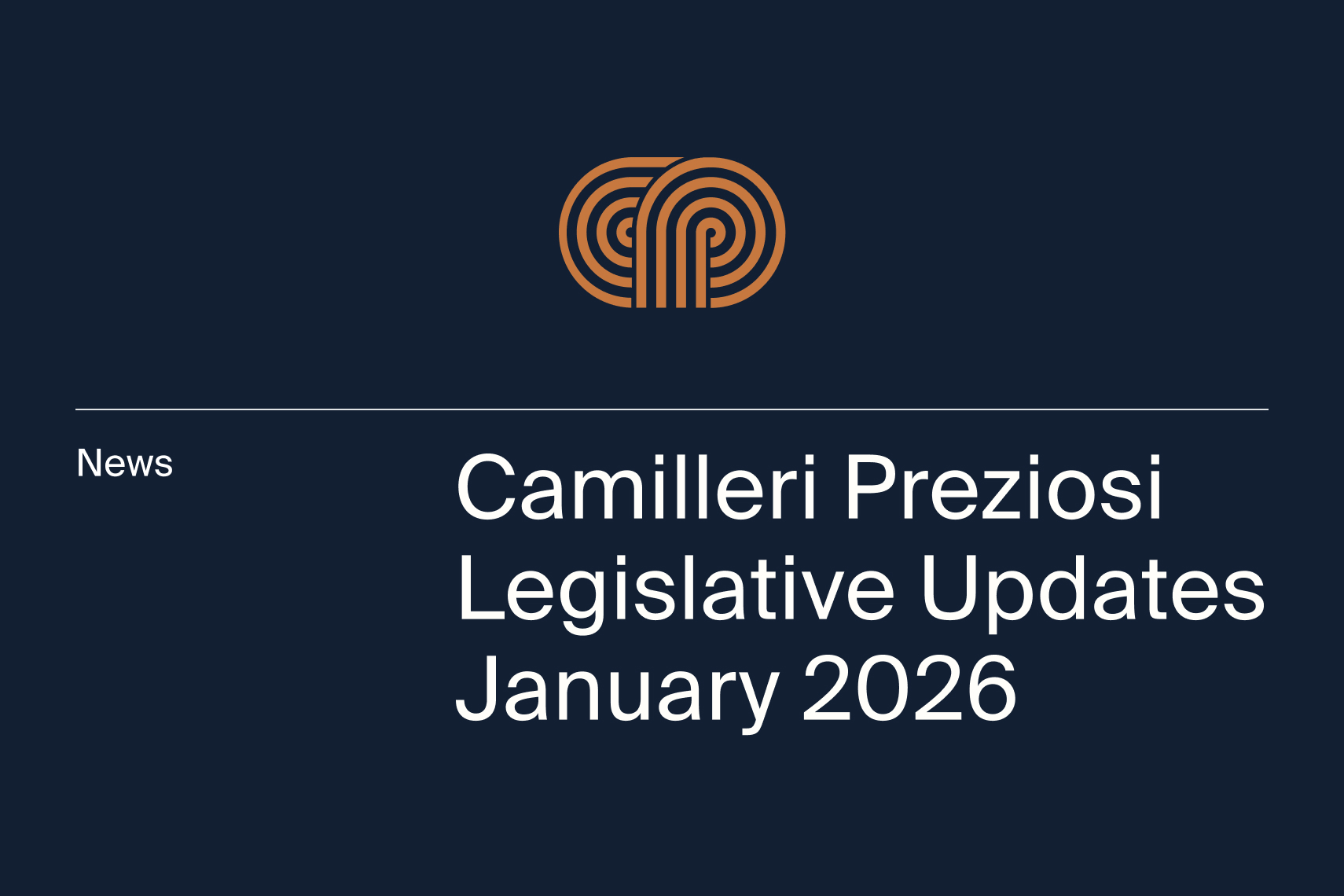Following the introduction of ESMA’s new product intervention power under Art. 40 of MiFIR, on the 27th of March 2018, the ESMA has agreed on temporary product intervention measures (the “Measures”) on the provision of contracts for differences (“CFDs”) and binary options to retail investors in the European Union (“EU”).
Scope
For the purposes of the Measures, a binary option is any cash settled derivative in which the payment at close out or expiry of a predetermined fixed monetary amount or zero depends on whether one or more specified events in relation to the underlying occur at, or prior to, the derivative’s expiry (for example the underlying has reached a specified price (the strike price) at expiry). In this sense, binary options can be regarded as ‘yes/no propositions’.
CFDs is any derivative other than an option, future, swap or forward rate agreement, the purpose of which is to give the holder a long or short exposure to fluctuations in the price, level or value of an underlying, irrespective of whether it is traded on a trading venue, and that must be settled in cash or may be settled in cash at the option of one of the parties other than by reason of default or other termination event. Indeed, before becoming more common among retail investors, CFDs have existed as a speculative short-term investment product provided to sophisticated clients.
The Measures
After having conducted a call for evidence in past months and as result of several concerns raised by national authorities about the aforesaid widening distribution of CFDs to a mass retail market, the ESMA decided to intervene in the CFD and binary options markets, on the determination that such products have been considered complex and inappropriate for the large majority of retail investors.
By means of the Measures, ESMA:
- Introduced ban of the marketing, distribution and/or sale of binary options to retail investors;
- Restricted the marketing, distribution and/or sale of CFDs to retail investors to circumstances where all of the following protections are provided:
1. Leverage limits on the opening of a CFD by a retail client from 30:1 to 2:1, which vary according to the volatility of the underlying:
- 30:1 for major currency pairs;
- 20:1 for non-major currency pairs, gold and major indices;
- 10:1 for commodities other than gold and non-major equity indices;
- 5:1 for individual equities and other reference values;
- 2:1 for cryptocurrencies;
2. A margin close out rule on a per account basis (rather than a per position basis). This will standardise the percentage of margin (at 50% of minimum initial required margin) at which providers are required to close out one or more of a retail client’s open CFDs;
3. Negative balance protection on a per account basis. This will provide an overall guaranteed limit on retail client losses;
4. A restriction on the incentives offered to trade CFDs; and
5. A firm-specific risk warning, including the percentage of losses on a CFD provider’s retail investor accounts, delivered in a standardised way.
As to the restriction under item (4), it seems noteworthy to point out that, in line with the inducements regime set out under MiFID 2, CFD providers will be required not to provide, directly or indirectly, retail investors with a payment, monetary or excluded non-monetary benefit (i.e. any non-monetary benefit other than, insofar as they relate to CFDs, information and research tools) in relation to the marketing, distribution or sale of a CFD, other than the realised profits on any CFD provided. This measure will apply to all clients, including existing and prospective clients.
Application
The measures will be published in the Official Journal of the EU (OJ) and will start to apply one month, for binary options, and two months, for CFDs, after their publication in the OJ.










